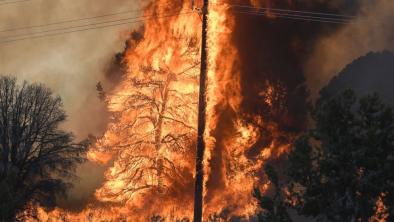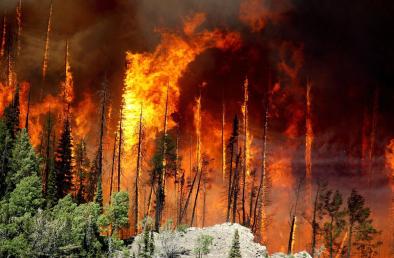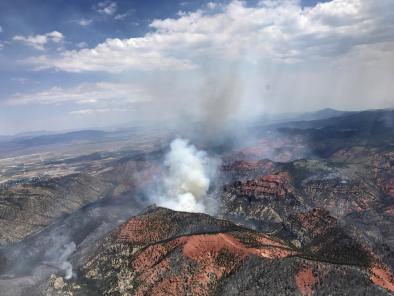Science Source
Advancing the Science of Climate Change
- States the compelling case that climate change is occurring and is caused in large part by human activities is based on a strong, credible body of evidence
- Key report findings about changes in the climate system include:
- Thermometer measurements show that Earth’s average surface temperature has risen substantially over the past century, and especially over the last three decades
- These data are corroborated by a variety of independent observations showing warming in other parts of the Earth system, including the oceans, the lower atmosphere, and ice-covered regions
- Most of the recent warming can be attributed to fossil fuel burning and other human activities that release carbon dioxide and other heat-trapping greenhouse gases into the atmosphere
- Human activities have also resulted in an increase in small particles in the atmosphere, which on average tend to have a cooling effect, but this cooling is not strong enough to offset the warming associated with greenhouse gas increases
- Changes in solar radiation and volcanic activity can also influence climate, but observations show that they cannot explain the recent warming trend
- Natural climate variability leads to year-to-year and decade-to-decade fluctuations in temperature and other climate variables as well as significant regional differences
- Human-caused climate changes and impacts will continue for many decades and in some cases for many centuries, and the magnitude of climate change and the severity of its impacts will depend on the actions that human societies take to respond to these risks
- Recommends that a single federal entity or program be given the authority and resources to coordinate a national, multidisciplinary research effort aimed at improving both understanding and responses to climate change
- States the U.S. Global Change Research Program, established in 1990, could fulfill this role, but it would need to form partnerships with action-oriented programs and address weaknesses that in the past have led to research gaps, particularly in the critical area of research that supports decisions about responding to climate change
Click here to access the "Report In Brief"
Related Content
Headline

Jun 28, 2017 | ABC News via Associated Press
Extreme heat making wildfire battle tougher in Southwest US
Headline

Jun 28, 2017 | WGN-TV via CNN
Out West, blistering hot spell undercuts firefighters
Headline

Jun 28, 2017 | USA Today
Blistering Southwest heat wave easing, but winds fan wildfires
Headline

Jun 28, 2017 | Washington Post via Associated Press
Utah officials blame lack of logging for major wildfire


